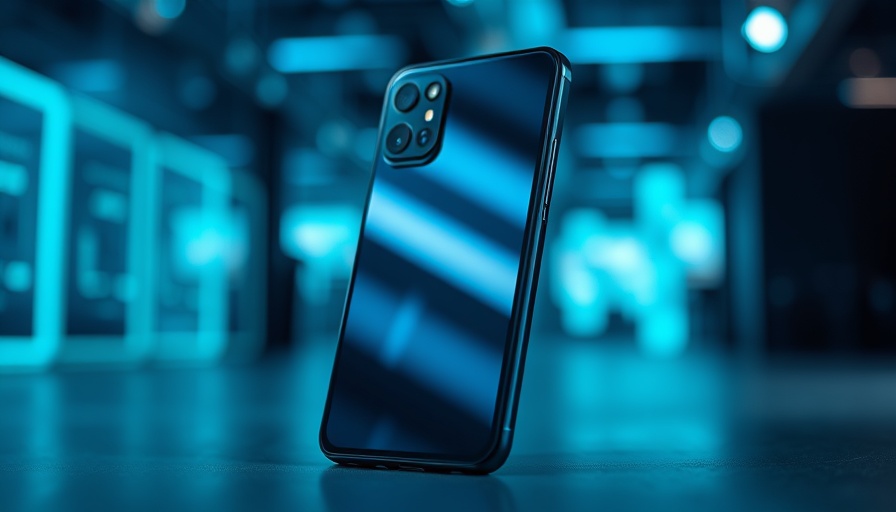
The Rise of Itel: Leading the Nigerian Smartphone Market
For many individuals in Nigeria, Itel phones have become not just a common sight, but a trusted companion. With affordable pricing and a variety of features tailored to meet diverse user needs, Itel is a key player in the Nigerian smartphone landscape. This year, we’ll look at the best Itel phones for 2025 that cater to an evolving audience craving sophisticated yet budget-friendly devices.
Criteria for Choosing the Top Itel Phones
When determining the top choices for Itel in 2025, several factors were explored. First, we focused on the latest releases, including standout models like the Itel S25 Ultra and P70, which are making waves for their specs and affordability. Second, popularity among consumers was a significant factor—tech blogs, user reviews, and sales platforms provided insight into what Nigeria’s buyers are keen on.
Moreover, we evaluated real user feedback to distinguish which features genuinely meet consumer expectations, such as battery life and camera quality. This holistic approach ensures that we surface the best options that resonate with various user needs—from students needing affordable features to professionals seeking robust functionality.
What the Best Itel Phones Offer
Among the highlighted models for 2025, the Itel S25 Ultra shines with advanced specifications and high-resolution photography capabilities, while the Itel P70 makes a name for itself with impressive battery performance. Additionally, the A50 provides a great budget-friendly entry point for first-time smartphone users. These choices reflect how Itel stays relevant through innovative features and tailoring to local preferences.
Real Voices: User Experiences Matter
A phone's promise needs to align with real-world performance. For instance, users rave about the Itel S25 Ultra's camera quality, while others prioritize the endurance of the P70’s battery life. Negative feedback also informs potential buyers on what pitfalls to avoid, helping them make informed purchasing decisions.
Conclusion: Choosing Wisely for the Future
As the tech landscape evolves, so does the role of smartphones in facilitating seamless communication, transactions, and access to information. Itel phones have paved the way for many locals in Nigeria to step into this digital age with confidence.
So, whether you want a phone for work, education, or personal use, Itel’s versatility caters to almost every need. Don’t settle for less; explore the best Itel options in 2025 and equip yourself with technology that enhances your everyday life.
 Add Row
Add Row  Add
Add 


Write A Comment